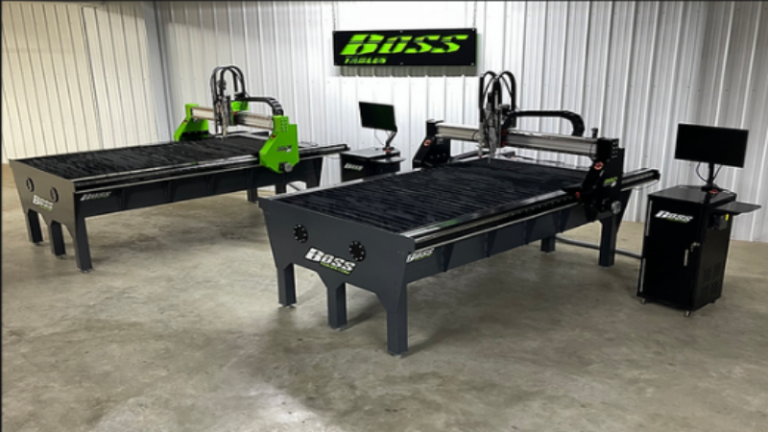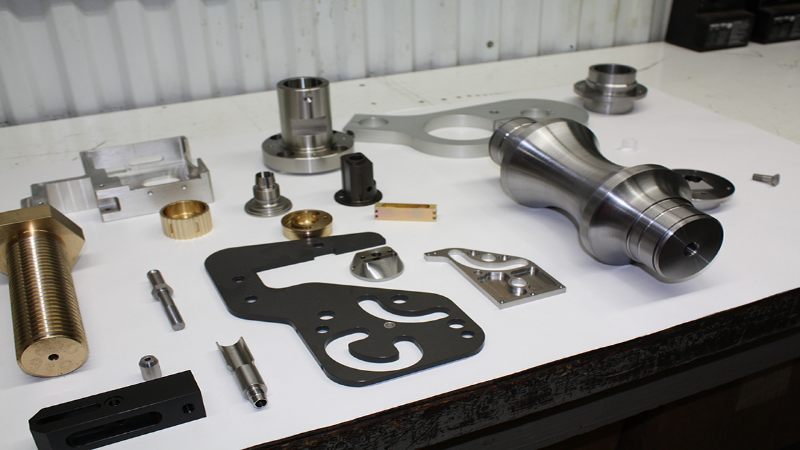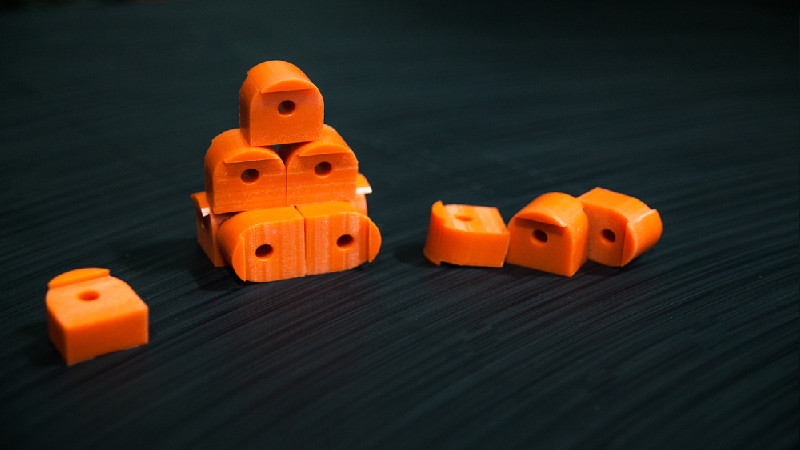Custom machining services cover a range of tools and applications, each with its own set of features and benefits. Typically, custom machining is best suited for a particular project, especially with today’s technology that enables rapid, efficient, and precise production.
Milling
Parts are milled from a block of material using CNC milling. The material is machined until the desired shape is achieved. When turning and drilling metals, most people choose CNC milling, but this method may also be utilized on plastics.
Milling machines used for traditional machining may be converted to provide CNC custom machining services, which may explain why they are so popular. With automatic tool replacements, auto-feed systems for material changes, and electrical sensors, modern CNC milling machines are designed to be extremely efficient.
Lathe and Turning
The CNC lathe is ideal for individuals who need to make a three-dimensional form or mold. The materials revolve and are controlled by a computer as they are sliced. When compared to using a manual lathe, this provides far more precision.
CNC turning is similar; however, it combines lathe and milling operations. A CNC-controlled cutting tool rotates a metal rod during the procedure. This tool eliminates pieces of metal one at a time to shape the object. The completed item can be left as is or blasted for a more polished look.
Router
CNC routers cut and etch complicated objects out of metal sheets with extreme precision. Composites, foams, plastics, and glass may all be cut using CNC routers. CNC routers are often used for large-scale bespoke machining jobs. CNC routers are used for various purposes, including hobby work, product development, prototyping, and manufacturing.



